How to Determine if Your Home Can Support Solar Energy Panels
Switching to solar energy is an excellent way to reduce energy costs, lower your carbon footprint, and increase your home’s value. According to Energy.gov, American solar jobs have increased 167% over the past decade, which is five times faster than the overall job growth rate in the U.S. economy, which shows the bright future of the industry. However, before making the leap, it’s essential to determine if your home is suitable for solar energy panels. While solar power can be a great solution for many, certain factors like location, roof condition, and energy needs play a crucial role in the feasibility of a solar installation. Here’s a comprehensive guide to help you evaluate whether your home can support solar panels.
1. Assess Your Roof’s Condition and Structure
The first step in determining your home’s solar potential is to inspect your roof. Solar panels are typically mounted on the roof, so their condition and structure are critical. If your roof is old, damaged, or nearing the end of its lifespan, it might not be the best candidate for solar panels without repairs or replacement. Additionally, the roof’s material matters. While most roofing materials, such as asphalt shingles, metal, and tiles, are compatible with solar panels, some materials like wood or slate can complicate installation. Evaluate the size and shape of your roof as well. Solar panels require sufficient space to generate enough energy to meet your needs. A small or irregularly shaped roof might not accommodate the number of panels necessary for significant energy production.
2. Evaluate Sunlight Exposure
Solar panels rely on sunlight to generate energy, so your home’s exposure to sunlight is a crucial factor. Ideally, your roof should have an unobstructed view of the sun for most of the day. The orientation and tilt of your roof can affect the amount of sunlight it receives. In the United States, south-facing roofs are generally the most efficient for solar panels, followed by west and east-facing roofs. Shading is another important consideration. Tall trees, neighboring buildings, and other obstructions can cast shadows on your roof, reducing the effectiveness of solar panels. Use tools like Google’s Project Sunroof or consult with a solar professional to assess your home’s solar potential accurately.
3. Review Your Energy Usage
Understanding your energy consumption is essential when considering solar energy. Examine your electricity bills from the past year to identify your average monthly and annual usage. This will help you determine how many solar panels you need to meet your energy demands. If your usage is high, your home may require a larger system, which means more roof space is necessary. Conversely, if your energy needs are minimal, a smaller system may suffice, even if your roof has limited space or sunlight exposure.
4. Check Local Climate and Weather Patterns
While solar panels can generate energy even on cloudy days, consistent sunlight is ideal for maximizing energy production. Consider your local climate and weather patterns to gauge how effective solar panels will be in your area. Homes in sunnier regions naturally benefit more from solar energy systems. However, solar technology has advanced significantly, allowing for efficient energy production even in less sunny areas. Reviewing local solar energy incentives and resources can also provide insight into the viability of solar power in your region.
5. Understand Electrical and Structural Requirements
Solar panels connect to your home’s electrical system, so it’s essential to ensure that your infrastructure can handle the addition of a solar energy system. An outdated electrical panel or wiring may require upgrades to support the system safely. Additionally, the structural integrity of your roof must be assessed to determine if it can bear the weight of solar panels. Most modern roofs can support the additional load, but older structures may need reinforcements.
6. Research Zoning Laws and HOA Restrictions
Before proceeding with a solar installation, research your local zoning laws and homeowners association (HOA) restrictions. Some areas have regulations regarding the placement and visibility of solar panels. While many states have adopted solar-friendly policies, it’s crucial to confirm that your plans align with local guidelines. Addressing these concerns early on can save time and avoid potential roadblocks during installation.
Determining whether your home can support solar energy panels requires a thorough evaluation of several factors, including roof condition, sunlight exposure, energy usage, and local regulations. By addressing these considerations and consulting with a solar professional, you can make an informed decision about whether solar energy is a viable and beneficial option for your home. Transitioning to solar power is not only an investment in your property but also a step toward a more sustainable future. Be sure to reach out to Northwind Solar today for more information on our professional solar energy services!
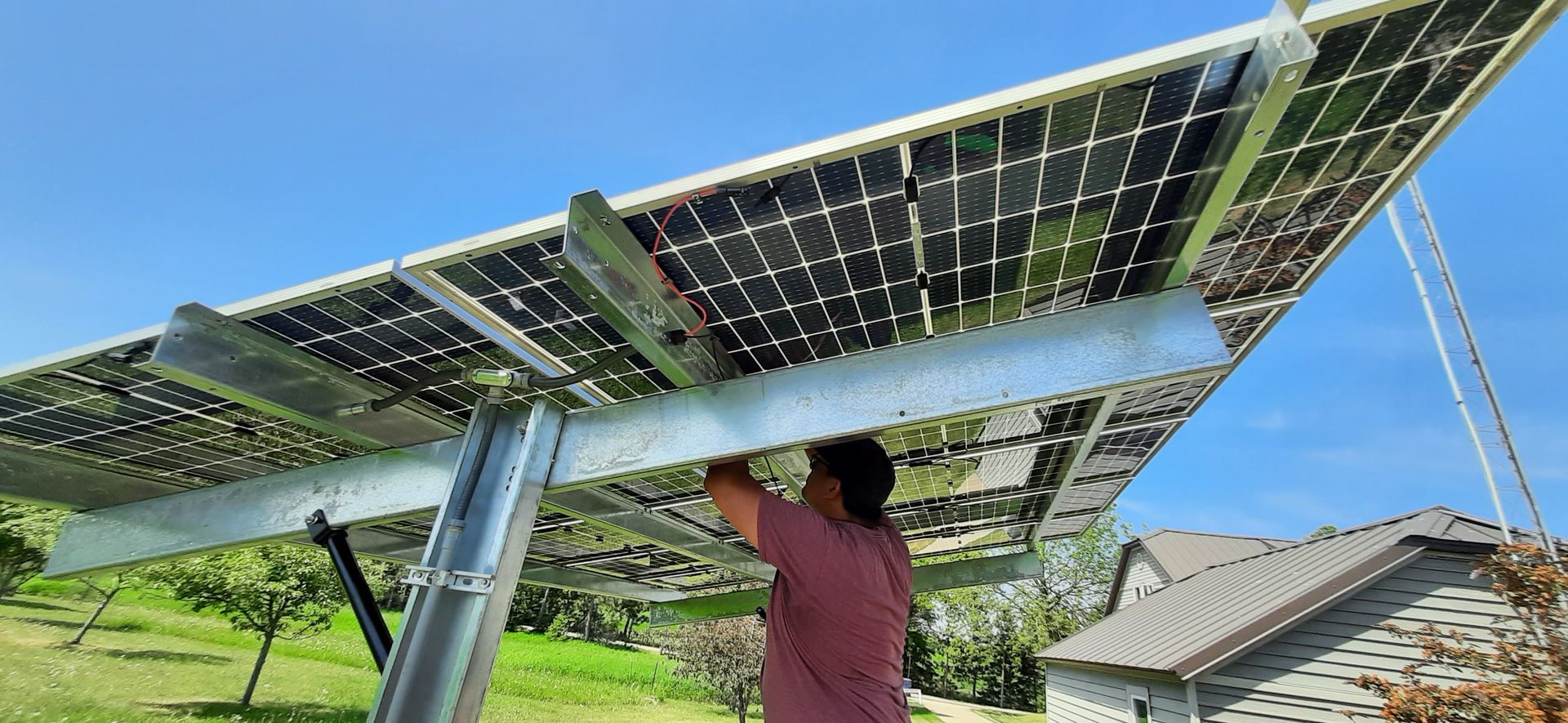
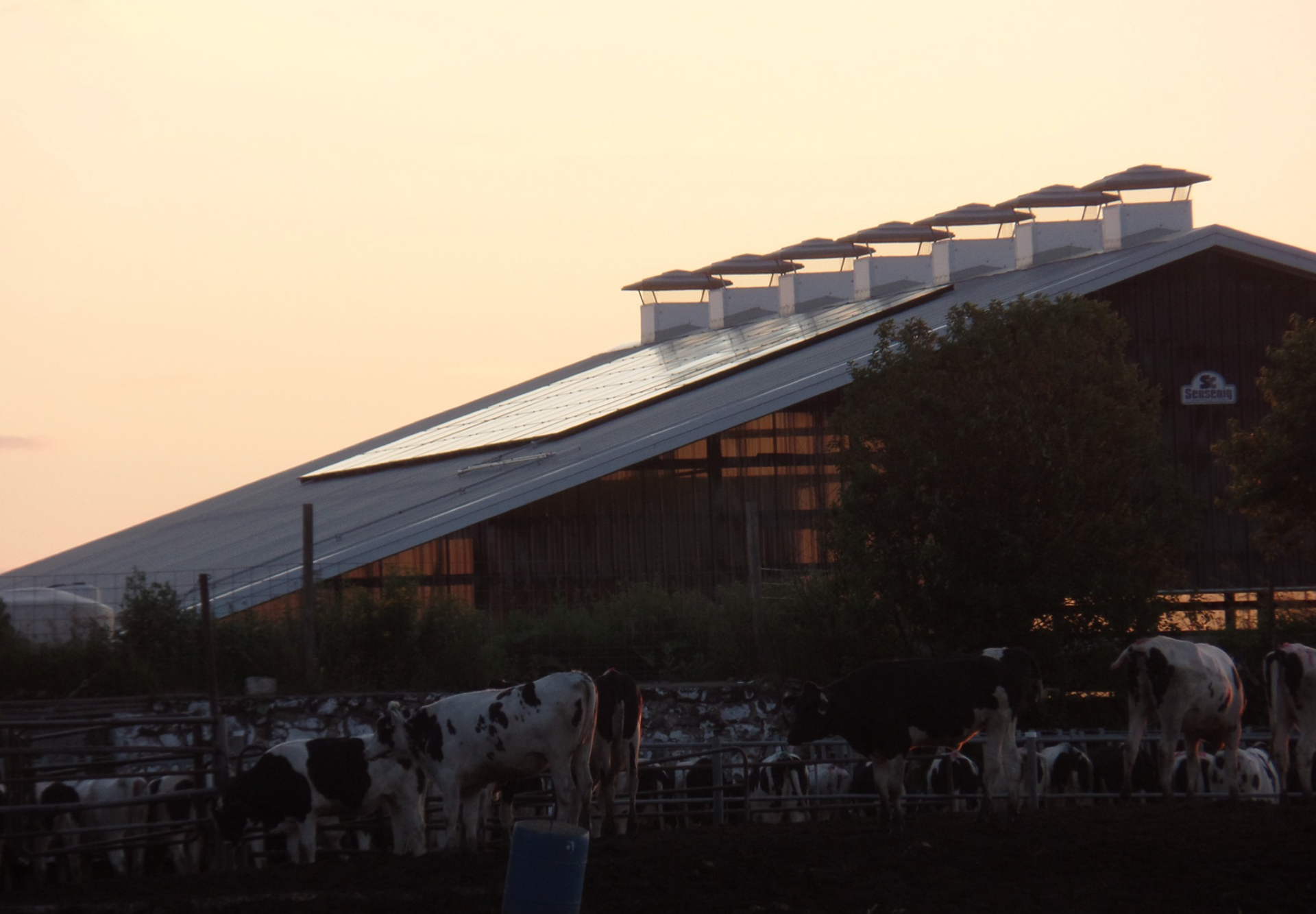

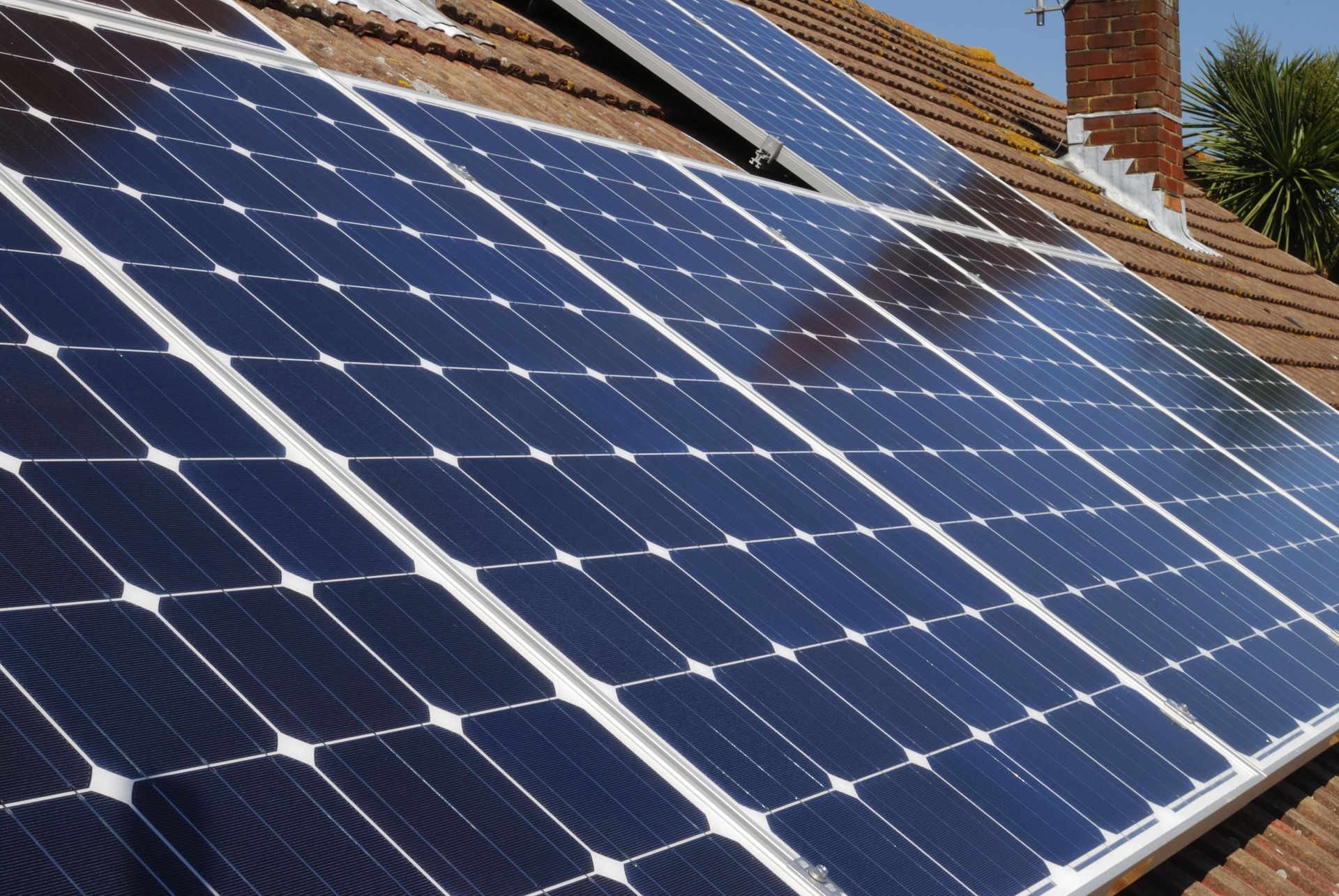
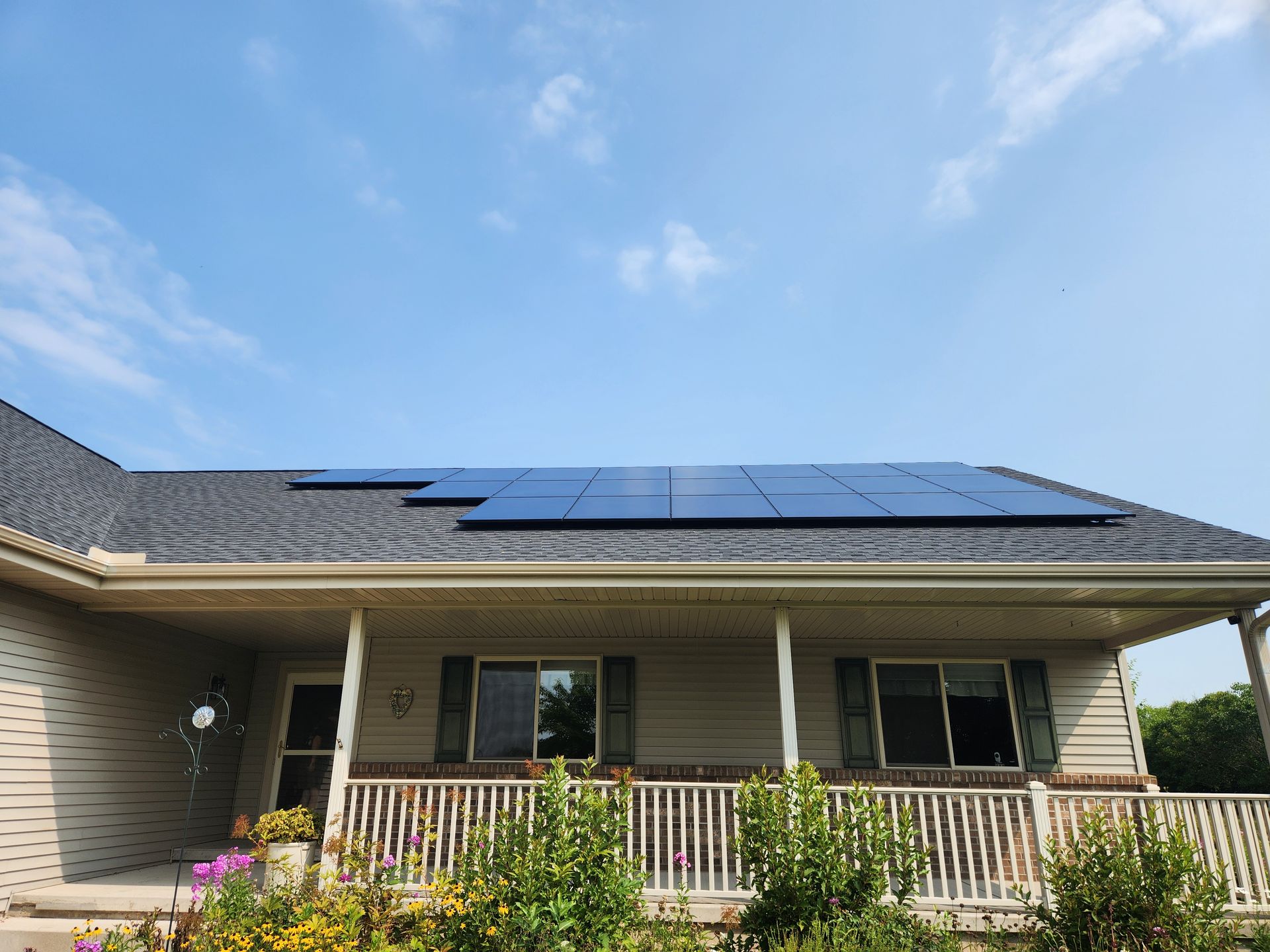
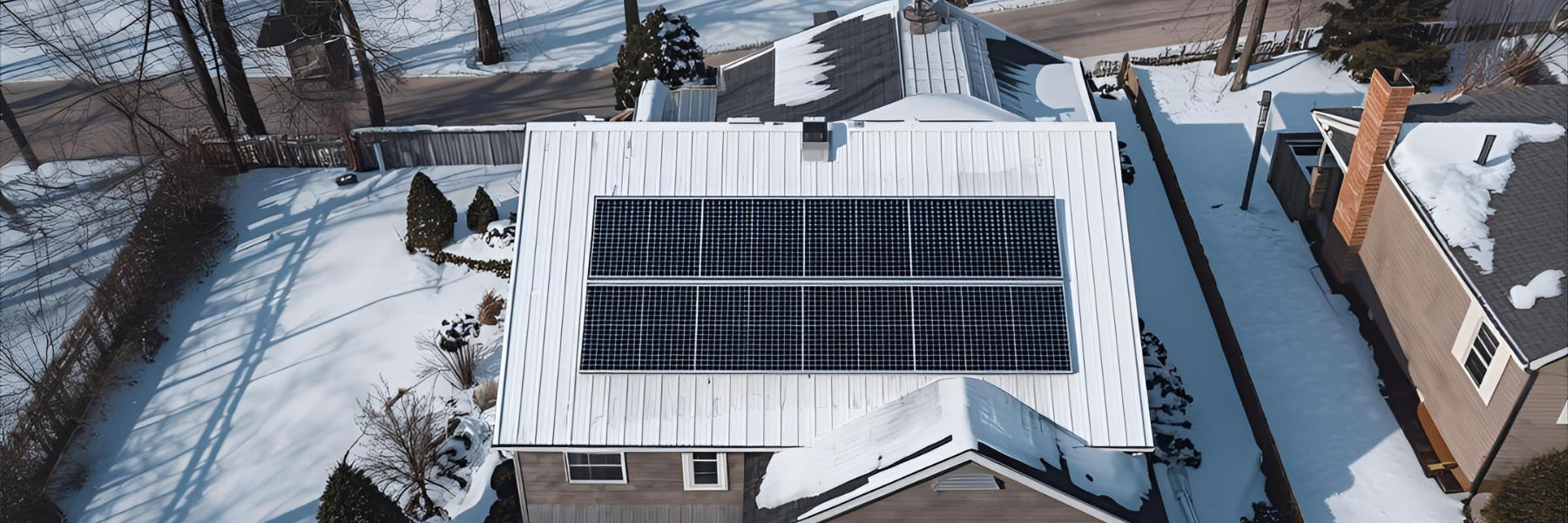
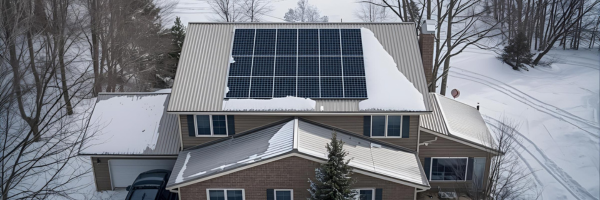
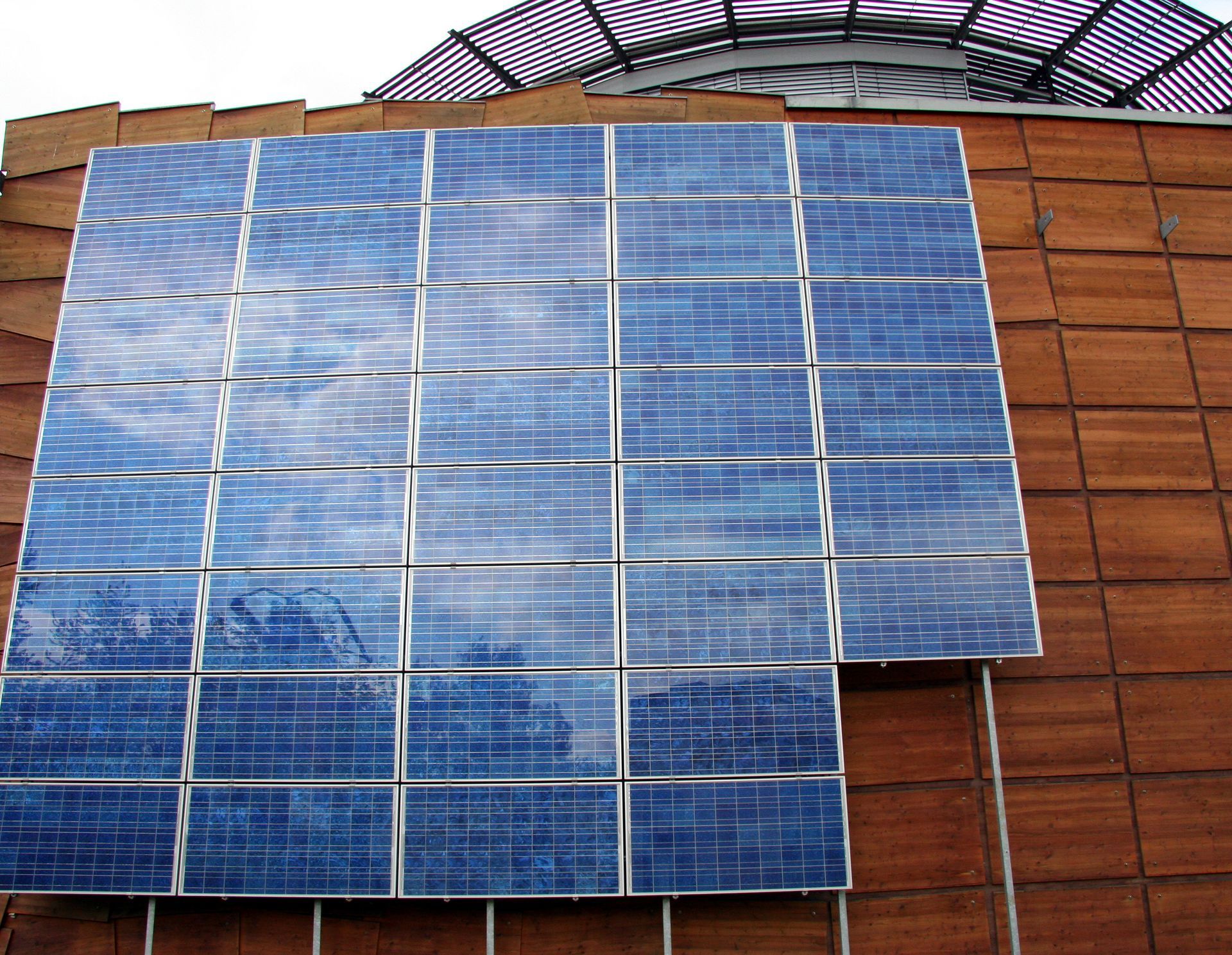
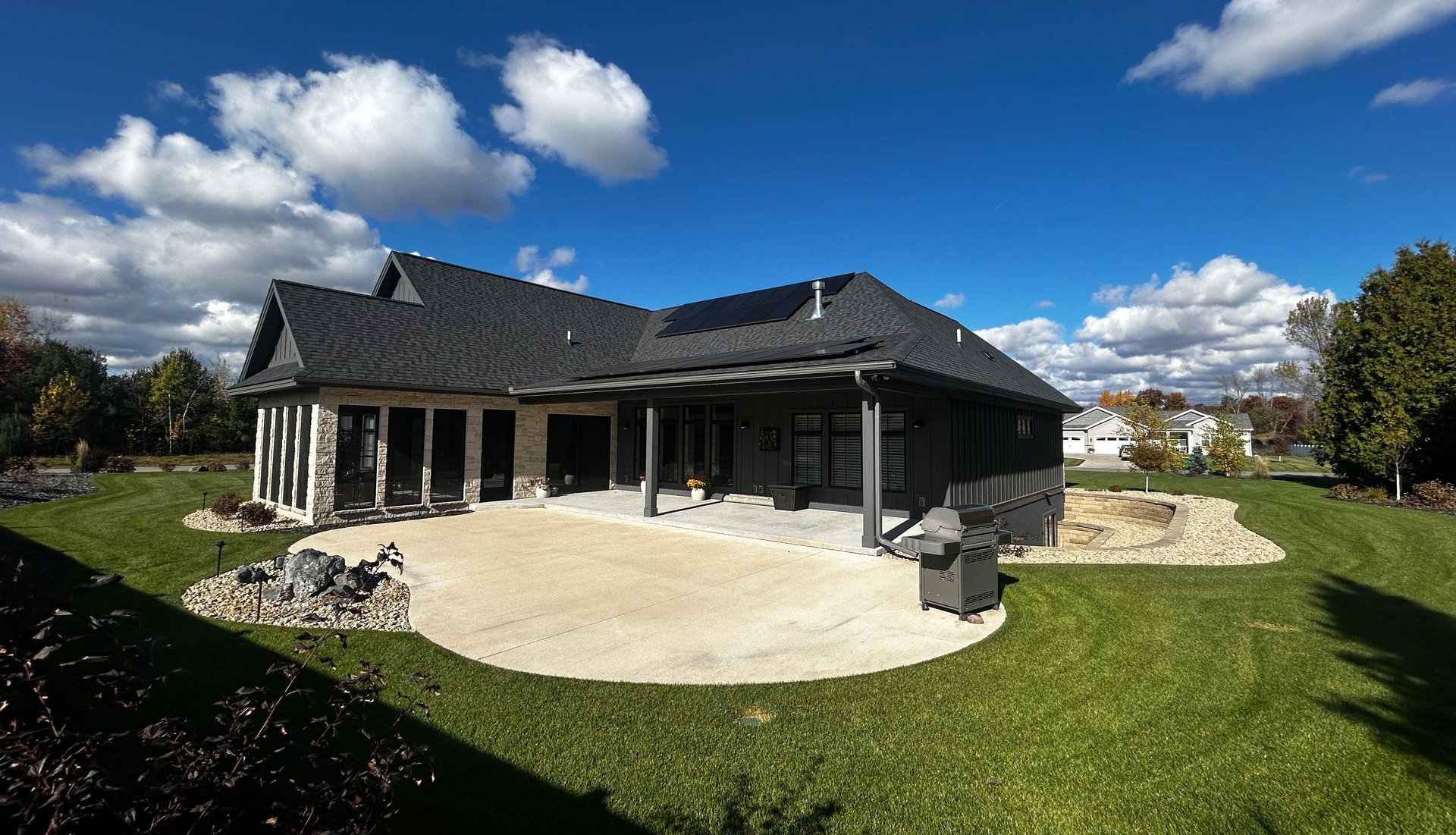

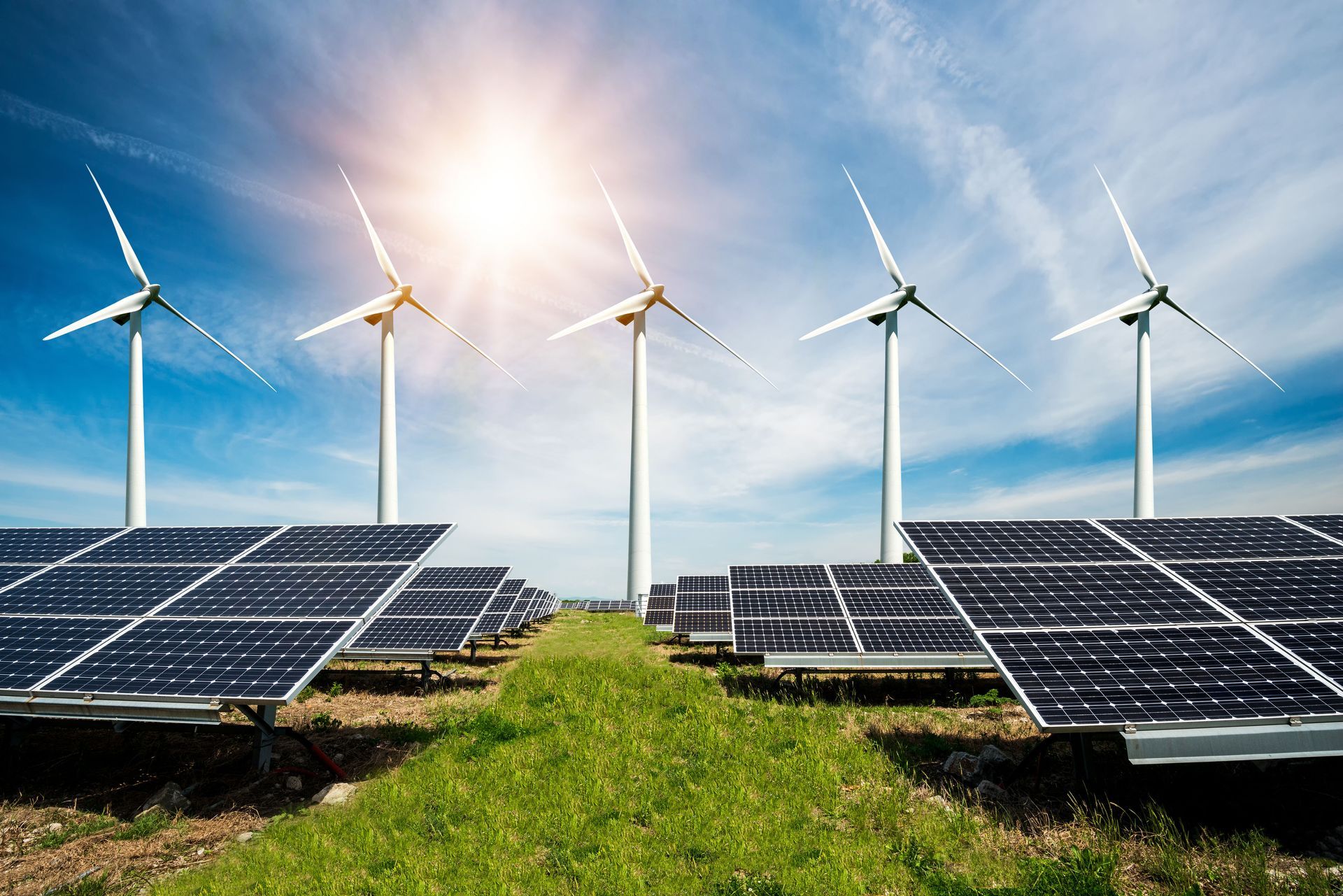
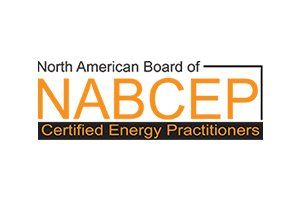
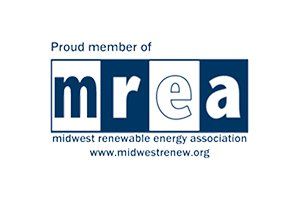


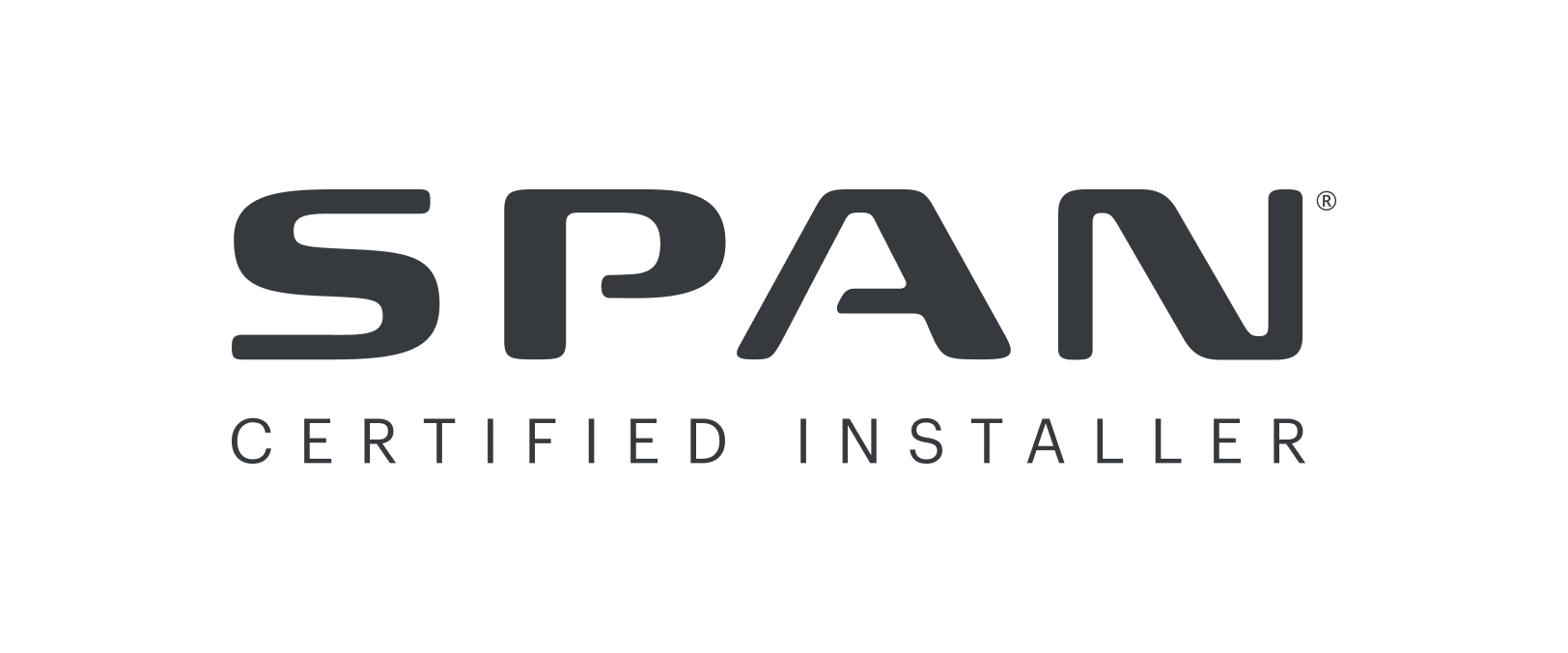

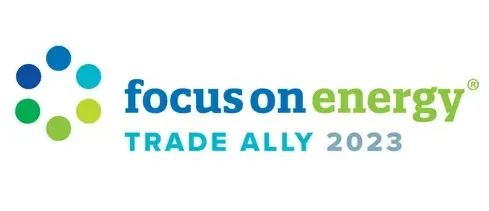





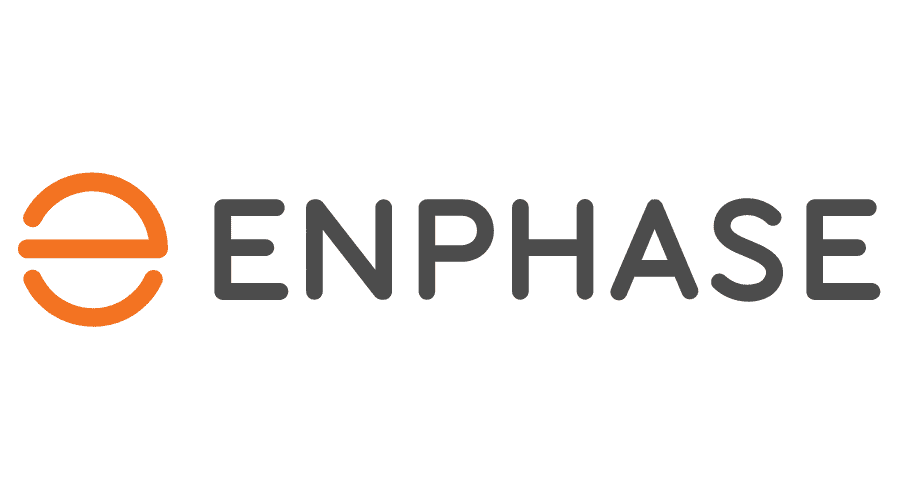
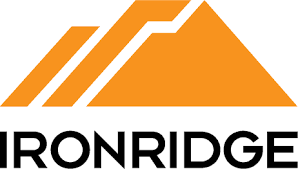




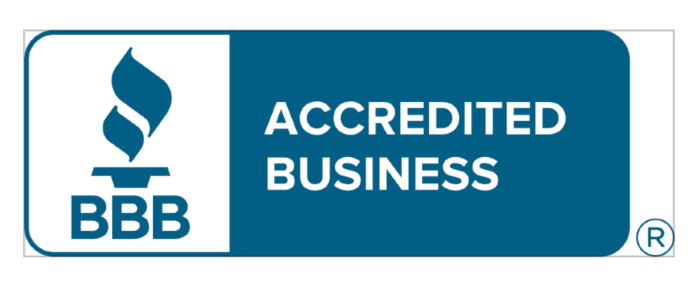
Share On: